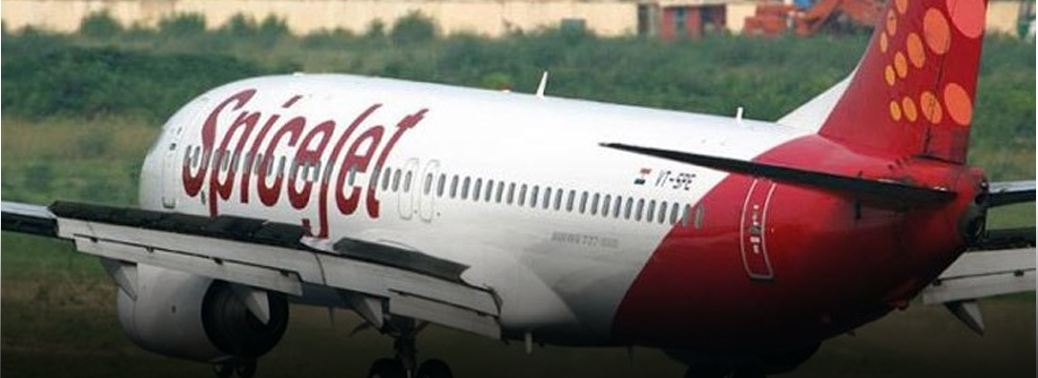India’s First Biofuel flight
26, Aug 2018

Prelims level : Environment
Mains level :
Why in news?
- SpiceJet today operated India’s first test flight powered biojet fuel, marking a new chapter in the fast-growing domestic sector. The flight was tested from Dehradun to Delhi.
Biofuel blend ATF:
- A blend of oil from Jatropa seeds and aviation turbine fuel propelled the country’s first ever bio jet fuel powered flight.
- A blend of 25%of bio jet fuel and 75% of aviation turbine fuel (ATF) was carried in one of the two engines of the plane, while the other engine carried only ATF. International standards permit a blend rate of up to 50% biofuel with ATF.
- It has the potential to reduce fuel costs by 15-20%
- The indigenously developed fuel has been nearly 8 years in the making by the Council for Scientific and Industrial Research (CSIR) lab based in Dehradun along with the Indian Institute of Petroleum (IIP).
- The institute started its experiment on biofuel soon after Virgin Atlantic carried out the first test flight globally in 2008.
Jatropa:
- Jatropha oil has been used in India for several decades as biodiesel for the diesel fuel requirements of remote rural and forest communities. It is a second generation-based biofuel.
- Jatropha oil can be used directly after extraction (i.e. without refining) in diesel generators and engines.
- Jatropha has the potential to provide economic benefits at the local level since under suitable management it has the potential to grow in dry marginal non-agricultural lands, thereby allowing villagers and farmers to leverage non-farm land for income generation.
- Since no food producing farmland is required for producing this biofuel (unlike corn or sugar cane ethanol, or palm oil diesel), it is considered the most politically and morally acceptable choice among India’s current biofuel options; it has no known negative impact on the production of the massive amount’s grains.






